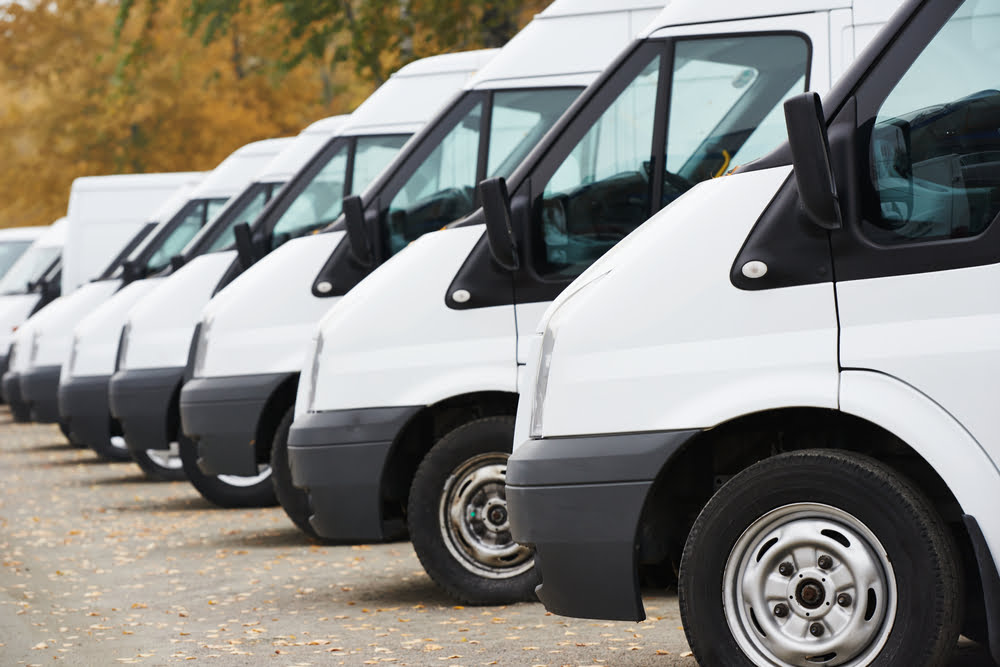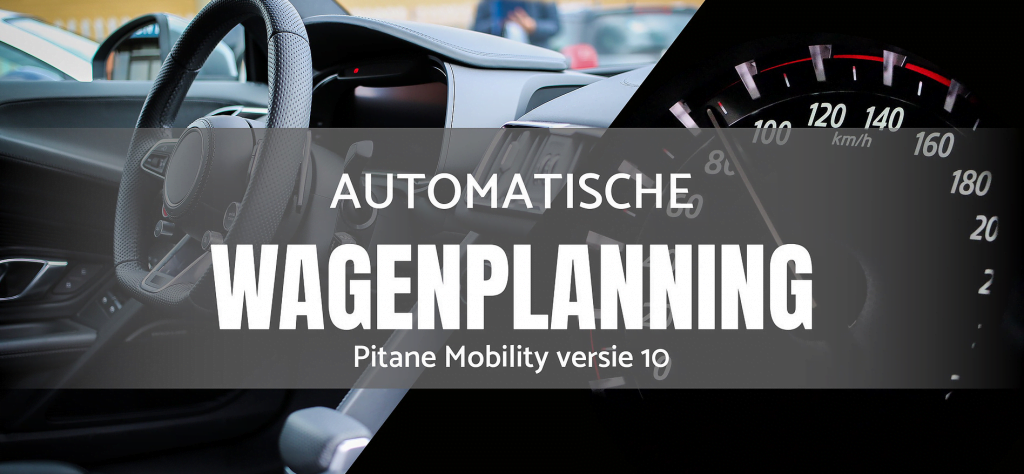Market parties have a great need for a national protocol on how to deal with patients who need transport to a healthcare institution for life-saving treatment. It concerns both the group without complaints, with complaints and with contamination.
That is why the Dutch Federation of Nephrology (NFN) requests, the Dutch federation of cancer patient organizations (NFK), Royal Dutch Transport (KNV) and the Kidney Patients Association Netherlands RIVM to draw up a protocol no later than Thursday, addressing the social distance, protective equipment and 'characteristics' of the driver and / or patient (complaints, suspected of being infected, infected, contact with an infected person, etc.). Preferably together with the providers of transport (KNV), so that the chance is as great as possible that the protocol is also feasible for the transporters.
no capacity for ordered transport
The message has now become a fact that a patient cannot be transported to and from the dialysis center. The affected patient has been tested positive for Covid. KVN advises patients to contact their health insurer, because they are responsible for arranging and financing the transport and can then call in the regional ambulance service in this special situation.
The RAV has indicated that they have no capacity for the ordered transport of this group of patients. The members of KNV are happy to continue to provide the transport, even in case of Covid suspicion or contamination, under the conditions that this is safe for the patient and driver.
measures urgently needed
The applicants recently received the signal that the corona crisis is endangering the patient transport of patients for dialysis and oncological treatments, among other things. By letter they ask Ms BE Westgren and DG Curative Care of the Ministry of Health, Welfare and Sport and the Health Insurance Department to take measures to ensure that these groups of patients can continue to be transported in order to undergo their treatment in order to prevent death.
measures already taken
Health insurers have now informed transporters that patients should always be transported alone, preferably in a bus, so that the rule for keeping a distance of one and a half meters can be observed as much as possible.
KNV will use as many buses as possible for transport, so that the distance between driver and patient is as large as possible. KNV has also explored the possibilities of providing buses with a bulkhead between driver and patient. Health insurers and KNV make agreements about the costs involved.
a protocol is required
In order to properly secure transport, all parties involved want transport to be safe for the patient (and accompanying person) and the driver. The nature of the transport means that there are now ambiguities about the correct course of action.
Taxi carriers are not familiar with protective equipment and are not on the list to get it. Keeping social distance is impossible because patients are regularly assisted by drivers when getting in and out or drivers have to secure the wheelchair. All this, even in patients with mild complaints (cold, cough, fever), without protection. A protocol is needed to protect both patients and drivers from the risk of infection with the virus.
“During this crisis, additional measures are needed to ensure the health and safety of both patients and those who transport them. Health insurers and transporters have agreed that patients will always be transported alone due to the corona crisis. And transport is preferably done by bus, so that the rule for keeping a distance of one and a half meters can be observed as much as possible ”, says Petra van Holst, general manager of ZN.
Also read: Use of an ambulance bus for transporting coronavirus patients



